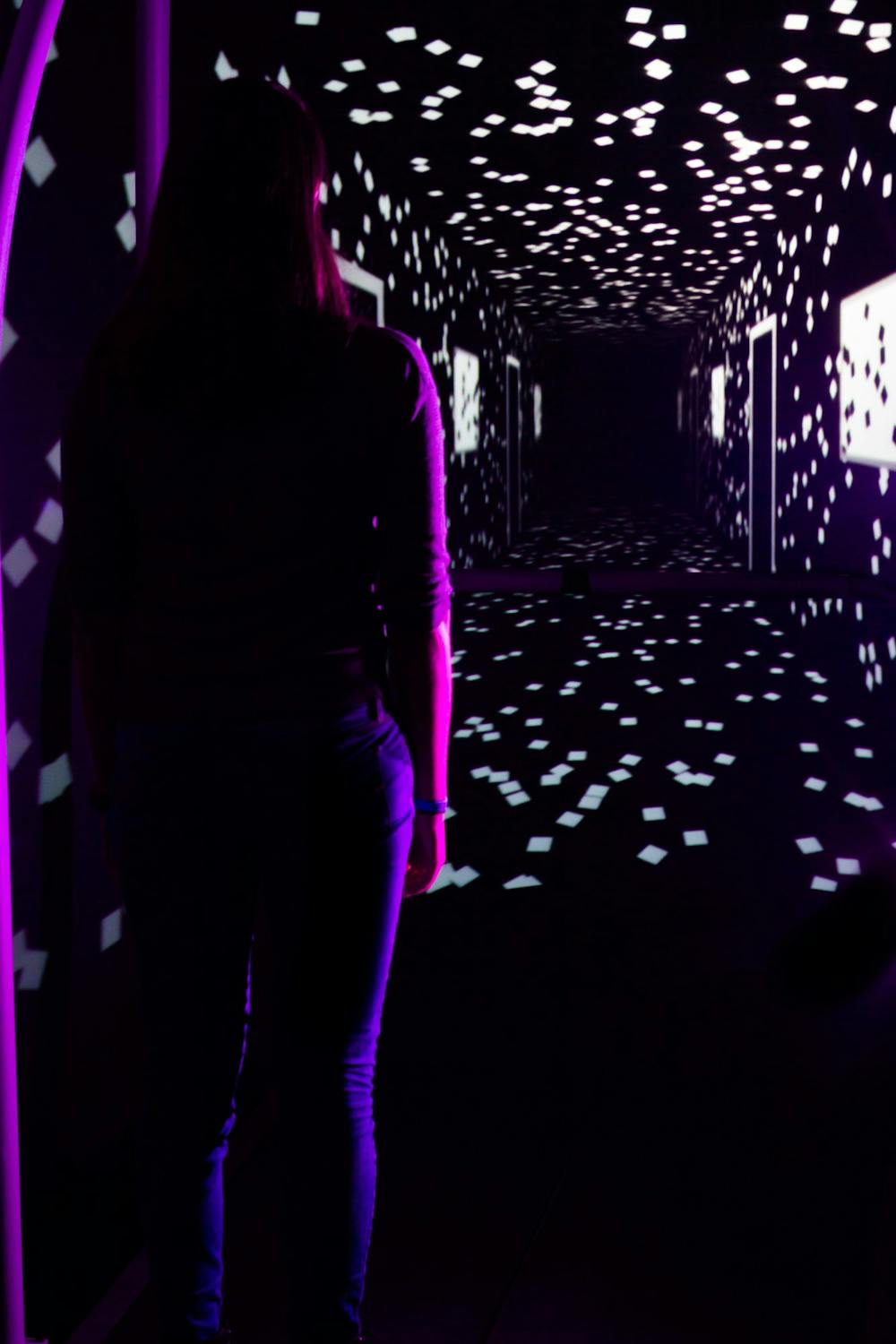Researchers in the Applied Biomechanics Lab at UNC’s School of Medicine are using virtual reality to study early detection of multiple sclerosis.
The researchers believe this technology could allow patients to be diagnosed earlier.
The research at UNC began about two years ago under principal investigator Jason Franz, an assistant professor in the UNC and North Carolina State University Joint Department of Biomedical Engineering.
The study compared people with MS to age-matched participants that do not have MS, Franz said. Participants in the study were harnessed and asked to walk on a treadmill while watching the semi-circular virtual reality screen in the lab.
The screen shows a virtual hallway that appears as if the subject is walking through it, as researchers measure the reactions of those walking on the treadmill.
“We rely on sensory signals from under our feet to tell our brain what kind of corrections we should be making from one step to the next,” Franz said. “With somebody with a neurodegenerative disease, like MS, those are the signals that become unreliable and noisy really early on.”
The lab allowed researchers to slowly adjust visionary illusions — called optical flow perturbations — providing the perception that participants were falling in the virtual hallway. The reaction times and step measurements varied clearly in those with MS from those without.
Researchers have found differences in the walking and movement patterns of those with the illness.
Jacob Sosnoff, a professor in the Department of Kinesiology and Community Health at the University of Illinois at Urbana-Champaign, served as a collaborator to the virtual reality study. He said the virtual reality study is a way for researchers to try to detect subtle deficits in individuals with MS.



